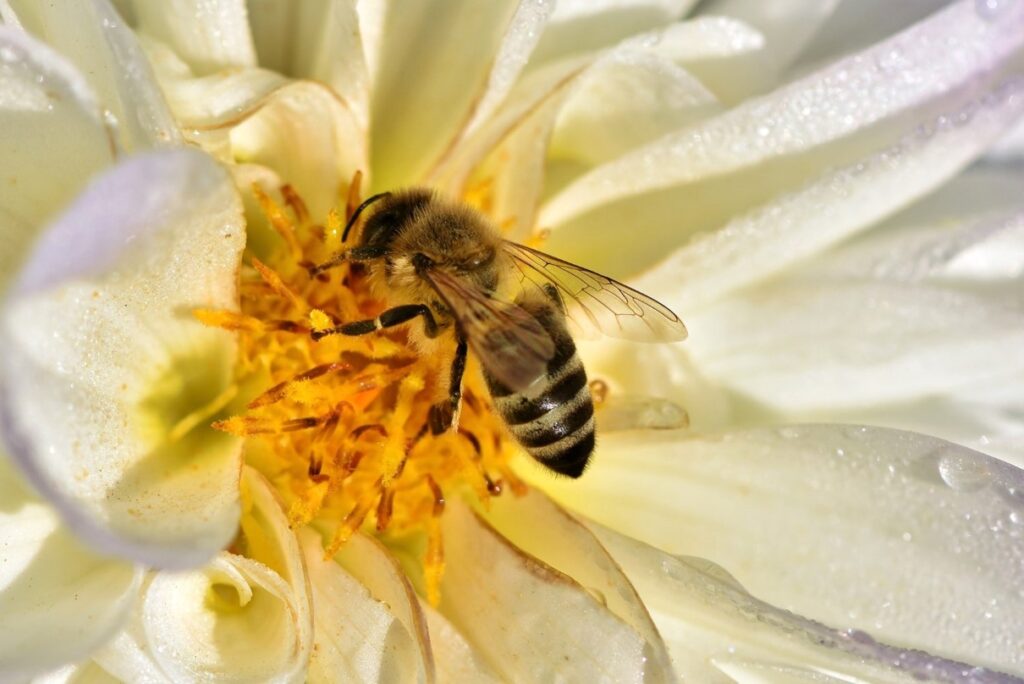British research shows that in some areas of severe global warming and intensive agriculture, the number of insects has been reduced by half, impacting the ecological environment and human beings.
London, UK (Business Northeast) – People’s quality of life has gradually improved in recent years, but human beings also waste more food and destroy more ecology. Humans waste more than $1 trillion worth of food each year, and our forests are shrinking in order to produce meat and the agricultural economy. Insect habitats have also been destroyed as land is repurposed to feed animals and grow soybeans.
It is estimated that more than half of the habitable land on the planet is used for agriculture, of which about 77% is used to raise cattle, sheep, goats, and other livestock. What impact will this have? Those who go into the wild from time to time may have discovered that, in addition to warming and deforestation, insects are disappearing, which will have a major impact on the entire ecological environment and human beings.
According to a study led by University College London, in areas with severe warming and intensive agriculture, insect numbers have declined by 50% and different species by 27%. Even in areas with high natural habitat coverage, insect numbers and species richness show signs of decline. The research was published in the international journal Nature.
For the study, the research team compiled data on the range and abundance of about 20,000 insect species, including ants, bees, butterflies, dragonflies, and grasshoppers, in about 6,000 different locations. The results were a mix of joy and sorrow, with the data showing sharp declines in some species of insects while others remained stable.

In current agriculture, most crops for human consumption depend on insect pollination. The researchers pointed out that agriculture and climate change are reshaping the global insect biodiversity. The decline of insect species will reduce the number of pollinators, which may harm the natural environment and human health, and food security.
Still, one can hold out hope. To survive in hot climates, insects need shade, and land in nature reserves creates a refuge for insects, the researchers said. Protecting natural habitats, reducing agricultural intensity, and reducing carbon emissions can help slow climate change and give insects more space & opportunities to live.
Since 1906, ecologists have noticed a decline in the number of wild bees. In 1994, beekeepers in France discovered for the first time that the honey peaks responsible for collecting nectar did not fly back to the hive. In 2006, concerns arose that the disappearing bees would affect the food supply chain. In 2019, the United Nations issued a warning that the disappearance of bees and insects will have a major impact on the ecological environment and human beings.
People destroy insect habitats to produce food, but if insects continue to decrease, it will eventually lead to ecological imbalances, resulting in more food production shortages, forming a vicious circle. Returning the ecosystem to balance, protecting biodiversity, and maintaining the sustainable development of the earth will help human beings continue to thrive.











Good day very cool blog!! Man .. Beautiful .. Wonderful .. I will bookmark your website and take the feeds additionallyKI am satisfied to seek out numerous helpful information here within the put up, we need work out extra techniques on this regard, thanks for sharing. . . . . .